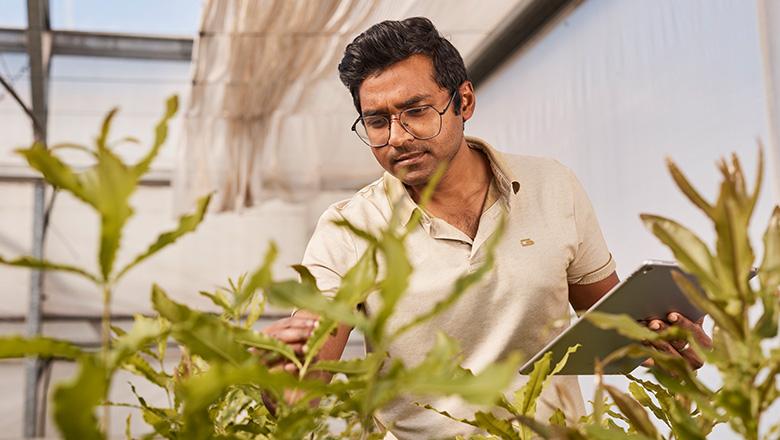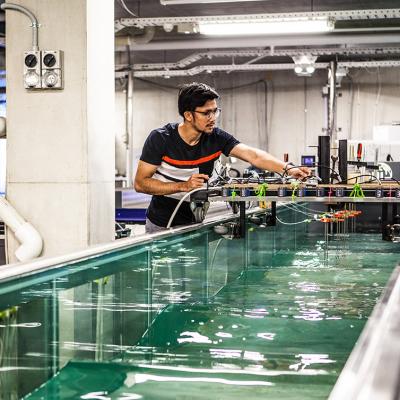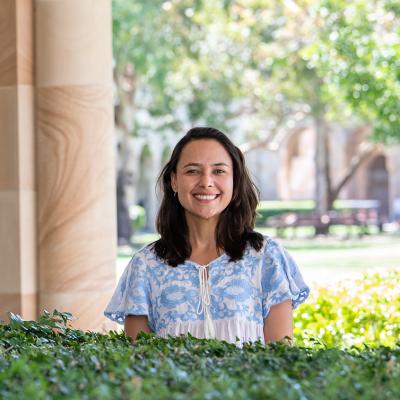If you’re passionate enough about a topic to complete a PhD on it, we think that’s amazing. But, understandably, you’ll want some reassurance that you’ll be supported financially during your research endeavours. Let’s look at how to get a PhD scholarship in Australia.
A common way for PhD candidates to supplement their income is to do casual or even part-time work while completing their degree. However, this isn’t a viable option for everyone – and it may not be enough in some circumstances.
In such cases, a PhD scholarship is just what the doctorate ordered.
What is a PhD scholarship?
A PhD scholarship is much like any scholarship – it supports a PhD candidate to complete their studies.
PhD scholarships are offered by a variety of universities, specific schools, and research institutes. For example, at The University of Queensland (UQ), there are 2 categories of PhD scholarships you can consider:
- UQ Graduate School scholarships (UQGSS) – about $33K per year for 3.5 years
- earmarked scholarships for joining an existing research project – about $32K per year for 3.5 years.
In either case, your scholarship will comprise tuition fees and a living stipend. Both types also come with the possibility of a single extension and both domestic and international students are eligible to apply.
There is also a UQ Graduate School Scholarship which only covers tuition fees and does not include a living stipend. The UQGSS-T is only available to domestic students.
Deciding which scholarship category suits you will likely come down to whether an existing research project aligns with your interests. If you’ve got a niche passion and the ambition to find your own supervisor and create a fresh research proposal, a Graduate School scholarship is likely the path for you.
If you’d prefer to join an existing team of researchers pursuing an established line of research, you might find an earmarked scholarship more appealing. You can expand your search for a project that interests you by visiting FindAPhD.com, though we’d obviously love to see you contribute to the groundbreaking research efforts right here at UQ.
UQ has earmarked scholarships available for a wide variety of research projects. Our research areas span from agriculture to creative arts, health, business, science and everything in between. Explore our research areas and find an earmarked scholarship that appeals to your interests.
Top-up PhD scholarships in Australia
You may also find yourself eligible for a top-up scholarship of $7-14K per year. Find out more about top-up scholarships.

How to get a scholarship for a PhD
When you’re looking at an earmarked PhD scholarship for an existing project, the process is rather simple: apply for the advertised position by contacting the project supervisor.
However, things get a bit trickier when you’re creating a new research proposal. Here are some tips for how to get a fully funded PhD project:
- Make sure your school or institute knows you want a scholarship, as they will need to nominate you for one. At UQ, this means selecting the option in your PhD application that says I would like to be considered for a UQ scholarship…
- Choose the right supervisor. Some of the criteria for getting a PhD scholarship include the experience and expertise relevance of your supervisor and advisory team. So, you’ll want to find a supervisor who checks all the right boxes.
- Get advice from your PhD supervisor. The quality of your research project is another large factor in determining whether you get a PhD scholarship. At the start, the main means of demonstrating this is your research proposal, so be sure to use your supervisor’s wisdom to make this proposal as steadfast as possible.
- Prepare the appropriate documents/evidence. Other criteria include your academic performance, your research capabilities, and the quality of your proposed research environment. This means having evidence prepared to demonstrate these factors (e.g. the academic transcript from your honours/postgraduate degree, or details of the laboratory where you’ll be conducting your research) can help you attain a PhD scholarship.
Learn more about completing your PhD at UQExplore all UQ scholarships available for postgraduate research students





